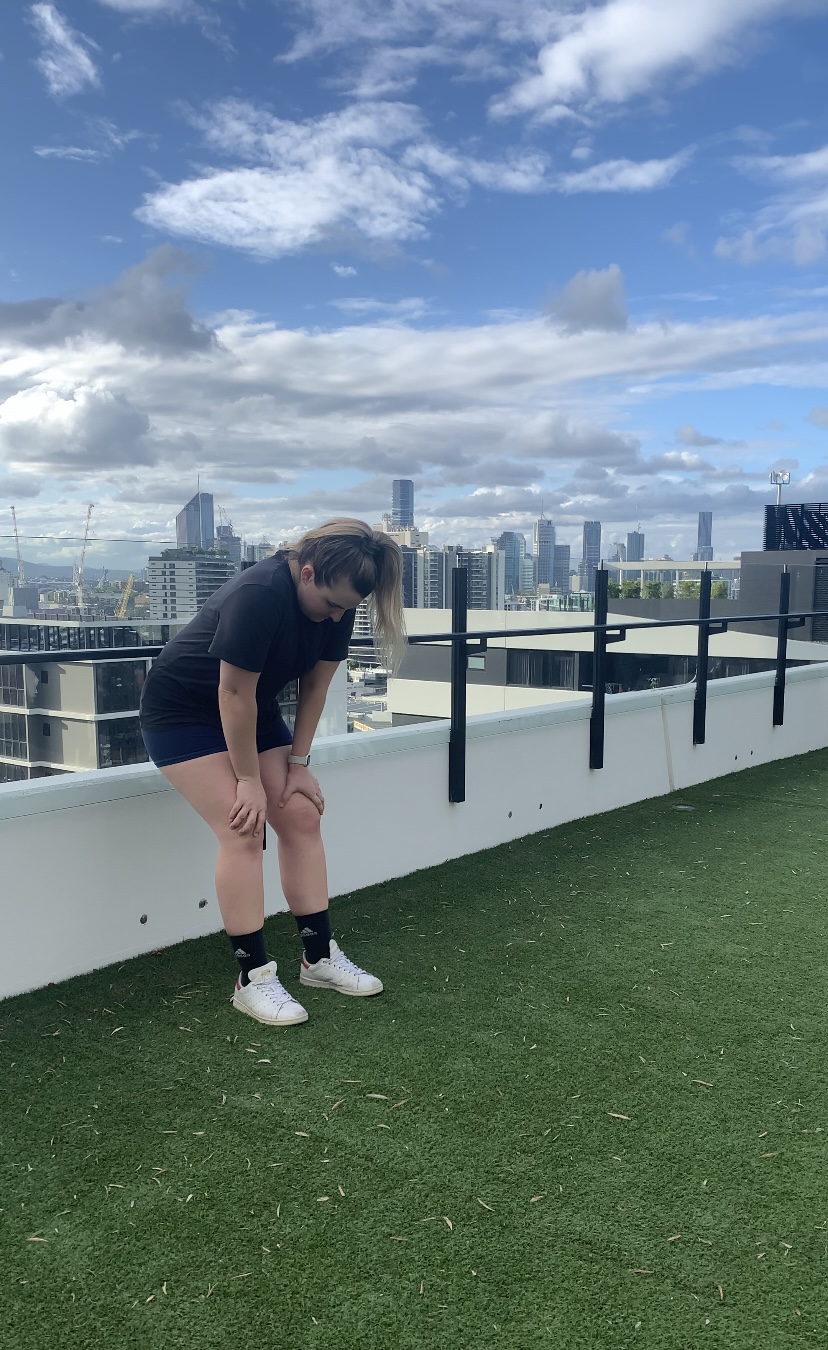When does stress turn to burnout?
COVID-19 has certainly done a number on the working population. Although we cannot be 100% sure the rates of burnout have increased, the prevalence in society has certainly come to light. The most challenging part to start is understanding are we just stressed, or are we experiencing burnout?
A certain amount of stress is important in life. It is very common in demanding situations, and allows us to adapt either physically or mentally. We need this to occur on an intermittent basis to allow for continuous growth. Excessive amounts of stress, over an extended period of time, can result in burnout.
Burnout results in physical, mental and emotional exhaustion. You may disengage with activities you once love, and withdraw from usual social situations. Things which were once very important to you may now seem meaningless, and there is a constant sense of hopelessness that you are unable to shake. You may notice an increase in headaches, inability or lack of sleep and regular, abnormal reoccurring illnesses. Doesn’t sound like something everyone would want to experience, right?
As with anything that is counterproductive to our health, we can’t just treat the symptoms. Bandaid approaches like taking pharmaceuticals for headaches and sleep will not fix the root of the problem. To create meaningful change, we must address the behaviours or factors which are contributing to the problem. In this scenario, there may be impacts from a work environment, lifestyle, and even our own personality traits combining to create the resulting burnout.
Work-related Causes
- Lacking control over work
- Lack of recognition
- Overly demanding job expectations
- Monotonous or unchallenging work
- Chaotic or high-pressure environment
Lifestyle Causes
- Working too much, without socialising or relaxing
- Lack of close, supportive relationships
- Too many responsibilities, without enough help
- Not enough sleep
Personality Traits
- Perfectionistic tendencies
- Pessimistic view of yourself and the world
- Need to be in control
- High achieving in nature
It’s not all awful though! There are ways in which we can alter our behaviours to manage the causes of potential burnout, and prevent it before we tip over the edge. Some ways in which you can start to change these habits are:
- Review Your Responsibilities: What do you need to be involved in vs what are you able to delegate to someone else? Do you need be responsible for all the activities you are doing? Is there someone you could train, or another person you could ask to assist you with the burden of the workload?
- Reach Out To Your Support Systems: Do you have people within your network that you trust to speak to about your struggles? Can you lean on relationships with your family/friends/work colleagues/teammates? Do you have an allied health support network who can assist you?
- Find Time to Replenish Your Space: What activities help you to feel calm and relaxed? Do you need to spend more time sitting in nature, or being more active? Do you need the space to read a book or just sit and listen to music? What is it that you need to refill your cup?
Most people don’t realise that they becoming burnt out, and will experience these negative feelings before they take action. Awareness is key. If you have experienced burnout previously, try to put actions in place to minimise the likelihood of it happening again. Try to be aware of the people that you’re leaning on as your support system – are you taking notice of whether they are showing signs of burnout? You may have the opportunity to step in and help them early in the process.
If you are experiencing any of the symptoms, and are struggling to get them under control, please make sure you consult with a qualified health professional to receive individualised management.
References:
Darling Downs Health. (2022, March 10). Signs you might be experiencing a burnout and how to regain balance in your life. Darling Downs Health. Retrieved November 17, 2022, from https://www.darlingdowns.health.qld.gov.au/about-us/our-stories/feature-articles/signs-you-might-be-experiencing-a-burnout-and-how-to-regain-balance-in-your-life#:~:text=Burnout%20is%20a%20state%20of,an%20increasing%20sense%20of%20hopelessness.
